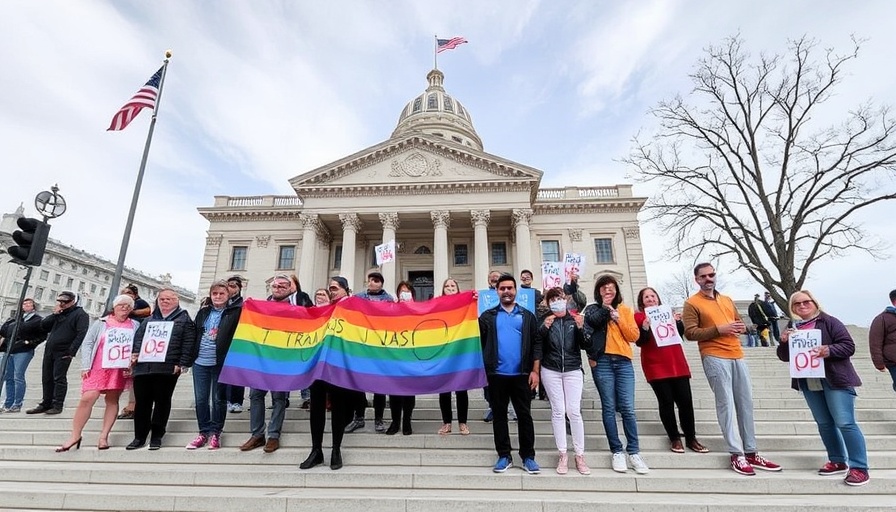
Federal Judge's Landmark Decision Supports Sanctuary Cities
A recent ruling by a federal judge has confirmed that the Trump administration's attempts to withdraw funding from "sanctuary cities" will not proceed. In a 15-page order, Judge William Orrick issued a preliminary injunction, thus barring the government from withholding grants to 34 cities and counties deemed non-compliant with immigration enforcement.
This ruling comes as a major victory for cities like San Francisco and Boston that have adopted sanctuary policies, prioritizing community safety over strict cooperation with federal immigration authorities. The targeted funding—primarily from the Department of Housing and Urban Development (HUD)—totaling hundreds of millions, can now continue to flow to these jurisdictions, which argue that public safety is best served when immigrant communities feel secure and willing to engage with local law enforcement.
Understanding Sanctuary Policies and Their Implications
Sanctuary policies have sparked significant debate across the U.S., with proponents advocating for their role in fostering trust between immigrant populations and local authorities. Critics, however, contend that these policies undermine federal immigration laws. The recent ruling from Judge Orrick illustrates a judicial check on executive power, reinforcing the autonomy of local governments in determining their immigration strategies.
The Broader Context of Immigration Enforcement
The tension between federal immigration policy and local sanctuary laws is not new but has intensified under the Trump administration's efforts to enforce stricter immigration measures. Legal battles over funding like this one highlight the complex interplay between federal powers and states' rights—a crucial discussion as the U.S. approaches a deeper reckoning with its immigration policies.
This ruling could set a precedent for future cases regarding federal funding and immigration policy, potentially influencing how cities across the nation respond to the ever-changing landscape of immigration enforcement.
As discussions around immigration continue to evolve, it becomes increasingly important for stakeholders—be they lawyers, policy-makers, or community leaders—to understand the ramifications of court rulings and federal policies on local governance and funding.
Stay informed on the latest developments in immigration law and local governance by engaging with reliable news sources and policy discussions in your community. Advocate for transparent and fair economic support for all cities, especially those bearing the weight of complex immigration issues.
 Add Row
Add Row  Add Element
Add Element 



Write A Comment